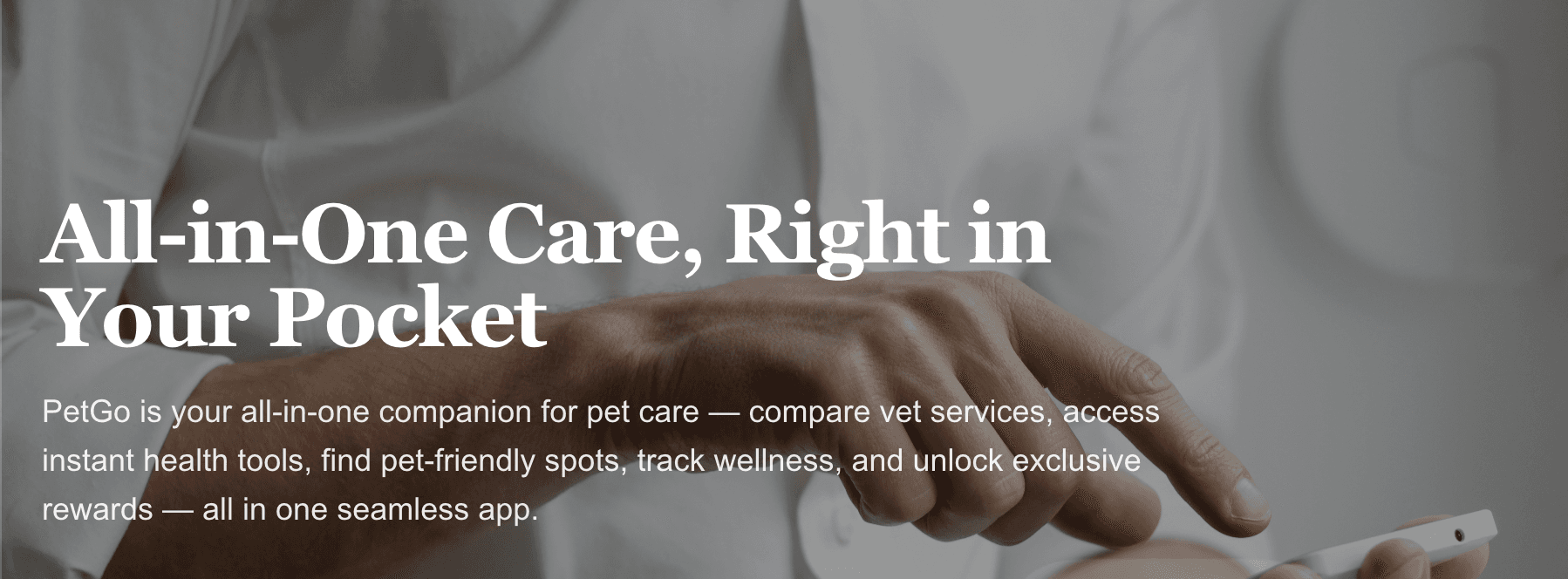Puppy Care Guide
Week 8 – Teething and Early Training
“Nibble nibble, teething time!”
Have you noticed your adorable puppy starting to bite or chew more often? It may look cute at first, but as those tiny teeth grow sharper, their playful nips can quickly become painful. Let’s explore what’s happening and how to guide your puppy safely through this important stage.
🦷 Understanding Puppy Teething
Puppies begin teething around three weeks of age. Their baby teeth—also called milk or deciduous teeth—appear in sequence: incisors, canines, and premolars. By eight weeks old, most have about 28 small, sharp teeth.
These baby teeth will naturally fall out as adult teeth emerge around four months. If some don’t fall out properly, consult your veterinarian—manual extraction may be needed to prevent misalignment or discomfort.
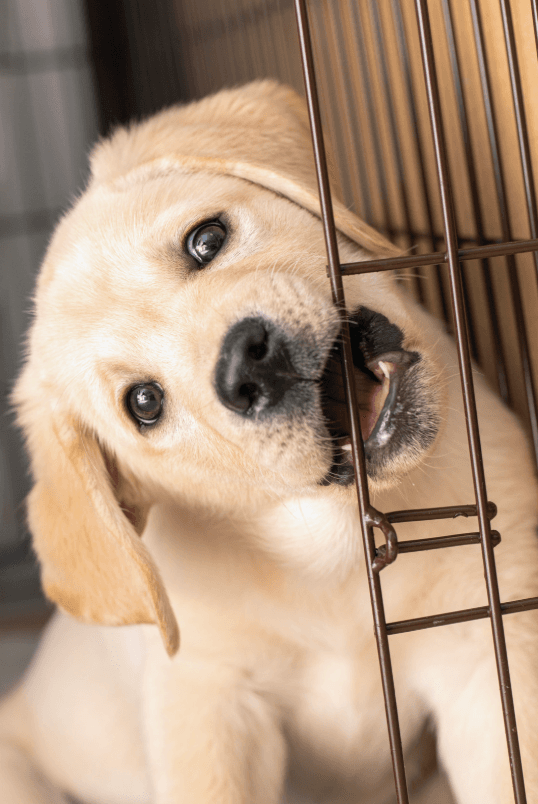
🐶 Why Puppies Bite
Chewing and biting are how puppies explore the world. They learn about textures, tastes, and emotions through their mouths. Biting is rarely aggressive—it's part of communication and curiosity.
Between 7–9 weeks, mother dogs teach bite inhibition by yelping or withdrawing when bitten too hard. Once your puppy joins your home, you’ll continue this gentle teaching process.
💡 How to Correct Biting Behavior Kindly
- Respond immediately with a calm but firm “No!” or “Ouch!” to signal discomfort.
- Avoid shouting or physical scolding—it can confuse or even excite your puppy.
- Pause play briefly when biting happens to teach that rough play ends the fun.
- Keep responses consistent among all family members—mixed messages delay learning.
- Redirect with soft chew toys or teething rings. Show your puppy toys are for chewing—not hands.
🚽 Potty Training Begins
At this stage, toilet training becomes essential. You might notice sniffing or circling—these are cues your puppy is looking for a spot to go.
- Create a designated potty area using pads or turf. If you have a larger home, use multiple pads (about four) to reduce mistakes.
- Never scold for accidents—clean thoroughly with enzyme-based sprays to eliminate lingering odors.
Positive reinforcement builds habits faster. Praise or reward your puppy each time they use the right spot.
PetGo Shop | Recommended Essentials
Support your puppy’s teething, hygiene, and playtime with these vet-approved picks:
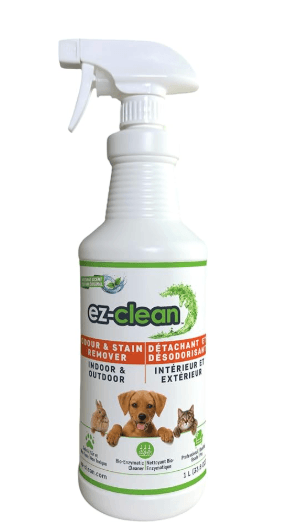
Advanced Odor Remover – Highly Concentrated Bio Enzyme Pet Odor Eliminator (1 L)
by Ez-Clean
$19.95
View on Amazon >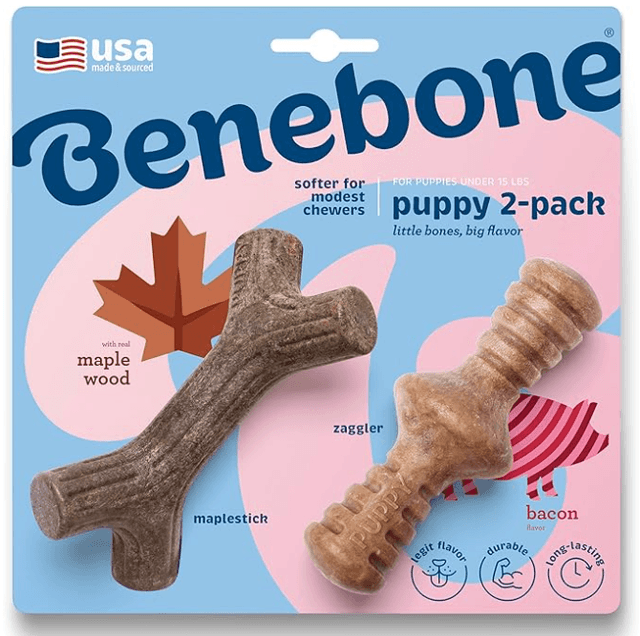
Benebone Puppy 2-Pack Maplestick/Zaggler Durable Dog Chew Toys – Real Bacon & Maplewood
by Benebone
$16.45
View on Amazon >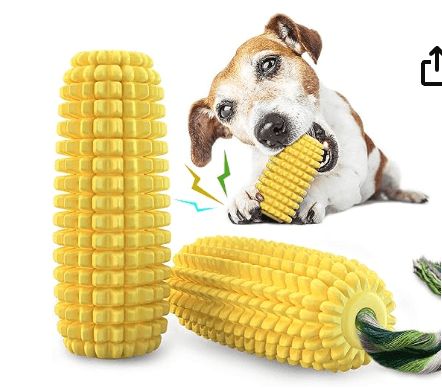
Carllg Tough Squeaky Corn Stick Toy – Durable Interactive Chew for Small to Large Dogs
by Carllg
$16.99
View on Amazon >💕 Building Trust and Confidence
This week, your puppy is learning fast—not only about potty or chewing habits, but also about trust. With just one to two months of consistent care, your puppy will form lifelong habits and bond deeply with you.
Every gentle correction, every kind word, and every patient moment becomes part of that lifelong relationship.
🐾 PetGo Tip
Healthy routines built early—like teething care, gentle correction, and structured potty training—help your puppy grow into a confident, calm, and happy companion.
Continue with PetGo's Puppy Care Guide
From their first health check-up to socialization milestones, every week matters in your puppy’s growth journey. PetGo is here to help every step of the way.
© 2025 PetGo. All Rights Reserved
